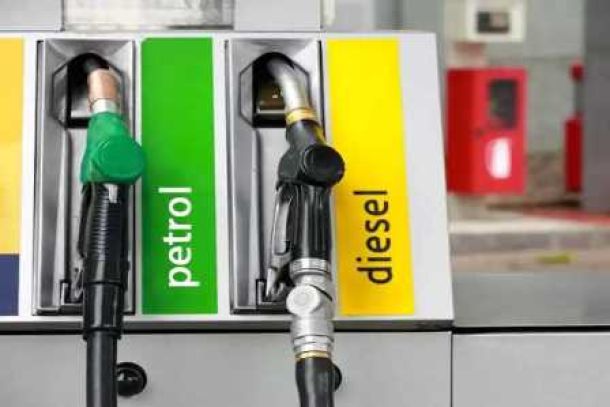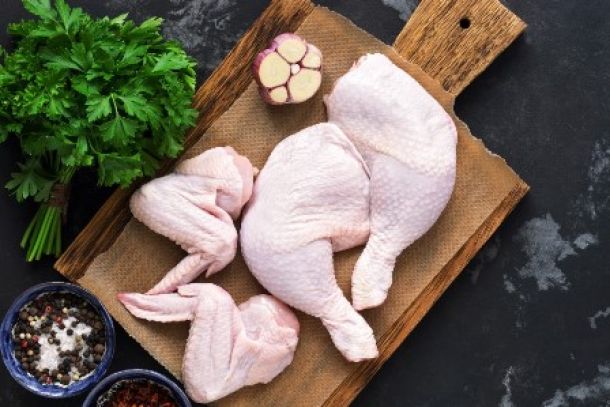Here is the expected petrol price for July
South African motorists can expect another sizeable increase at the pumps in July, as global oil demand returns, pushing up the price of international petroleum prices.
According to mid-month data published by the Central Energy Fund (CEF), if market conditions persist at current levels, motorists can expect a price hike of between R1.49 and R1.59 per litre for petrol and R1.44 and R1.48 per litre for diesel next month.
This would largely reverse the steep drops seen in April and May 2020, after the onset of the coronavirus pandemic, which saw major global economies shut down.
The rand/dollar exchange rate – also a big factor in determining local fuel prices – has worked in South Africa’s favour in the month to-date, undercutting some of the increases seen due to climbing oil prices.
Exchange rate
After hitting almost R19 to the dollar during the nationwide lockdown, the rand has staged a significant recovery, hitting as low as R16.60 to the dollar in the last few weeks.
The local unit has been knocked off its perch in recent days by growing international vulnerabilities around the coronavirus – particularly renewed fears of a second wave of the virus.
The local unit had gained as much as 11% against the dollar from the start of May until its recent wobble.
Beijing closed the city’s largest fruit and vegetable supply centre and locked down nearby housing districts over the weekend after dozens of people associated with the market tested positive for the virus, Bloomberg reported.
“Fears of a second wave of Covid-19 are adding jitters to the market, as Beijing entered partial lockdown following a cluster outbreak of the disease,” said Bianca Botes, executive director at Peregrine Treasury Solutions.
“The rand remains under pressure, while the new outbreak fears will likely cause the unit to test a break weaker, towards the R17.30/$ mark,” she said.
However, despite the renewed weakness, the rand is still in a stronger position than it was a month ago, which is working to counteract some of the negative impact of higher petroleum product costs in the local petrol price calculation.
Oil prices
As markets and industries were forced into lockdown to avoid the spread of the coronavirus, the demand for oil and related products also saw a significant drop. This led to a global oversupply of oil, and therefore a marked decrease in oil prices.
As lockdown has eased globally, and as industries return to work, oil demand has increased again, as have prices.
Brent crude is trading at around $37.50 per barrel.
The situation remains volatile, however, with Bloomberg analysts pointing to concerns over a second outbreak of the virus in China, which would again see massive disruptions in manufacturing and production.
“If we do see China get a setback like a second wave of infections, the fear is that the rest of the world will see another wave as well,” said Vivek Dhar, a commodities analyst at Commonwealth Bank of Australia.
Prices have also been hit by comments from the US Federal Reserve, warning that the Covid-19 pandemic could inflict lasting damage on the American economy.
“Still, supply reductions from OPEC+ and the US have started to bring the market back into balance, suggesting that a repeat of April’s plunge below zero is unlikely,” Bloomberg analysts said.
These are the expected changes at mid-June:
- Petrol 93: Increase of R1.49 per litre
- Petrol 95: Increase of R1.59 per litre
- Diesel 0.05%: Increase of R1.48 per litre
- Diesel 0.005%: Increase of R1.44 per litre
- Illuminating paraffin: Increase of R1.94 per litre
This is how the prices will be reflected at the pumps:
| Fuel (Inland) | June Official | July Expected |
|---|---|---|
| 95 Petrol | R13.40 | R14.99 |
| 93 Petrol | R13.20 | R14.69 |
| 0.05% Diesel (wholesale) | R11.30 | R12.78 |
| 0.005% Diesel (wholesale) | R11.38 | R12.82 |
| Illuminating Paraffin | R4.89 | R6.83 |
News Category
- International retailers
- On the move
- Awards and achievements
- Legislation
- Wine and liquor
- Africa
- Going green
- Supplier news
- Research tools
- Retailer trading results
- Supply chain
- Innovation and technology
- Economic factors
- Crime and security
- Store Openings
- Marketing and Promotions
- Social Responsibility
- Brand Press Office
Related Articles

Confirmed: Petrol, diesel price cuts on Wednesday

Petrol price relief expected next week

SA poultry industry calls for targeted chicken ...

Empowering South African households through gro...





